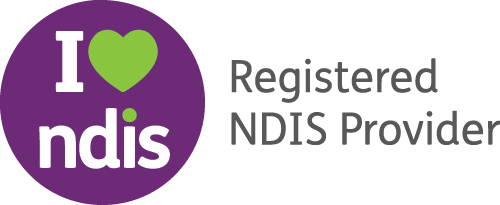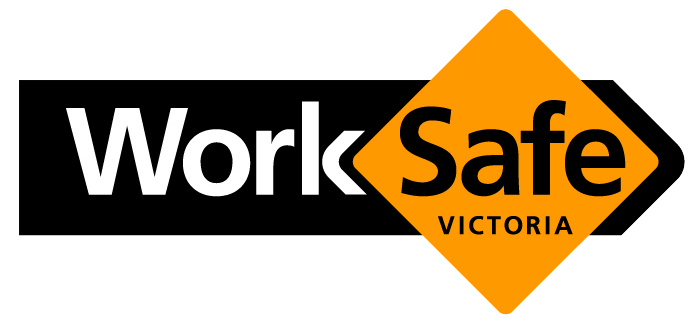How the NDIS Supports People with Complex Needs — and Where Specialist Support Comes In
Navigating the NDIS can be complex at the best of times. Still, when disability is combined with trauma, mental health conditions, unstable housing, or involvement with multiple systems, participants face even greater barriers.
At Hand in Hand Support Coordination, we work with people across Melbourne and Victoria who live with these “complex needs” ensuring their NDIS plan isn’t just activated, but truly supports safety, stability, and independence.
Here’s how the NDIS is designed to support people with complex needs, and where our Specialist Support Coordination in Melbourne team makes the biggest difference.
What Does “Complex Needs” Mean?
In the NDIS context, complex needs refer to more than just a diagnosis. A person may live with overlapping physical, psychosocial, and intellectual disabilities, and also experience challenges like:
- Unstable housing or homelessness
- Risk of disengagement or isolation
- History of trauma or institutionalisation
- Involvement with justice, mental health, or child protection systems
- Cognitive impairments or communication barriers
- High-risk behaviours requiring behaviour support
These factors make it harder to implement an NDIS plan, manage providers, or advocate for the right care.
What Supports Can the NDIS Provide?
The NDIS has systems in place to meet complex needs, including:
Specialist Support Coordination (Level 3)
Designed for participants facing significant barriers, this service helps manage crises, coordinate across multiple systems, and reduce risk factors.
Positive Behaviour Support
Addressing behaviours of concern with therapeutic strategies that improve long-term quality of life.
Supported Housing Supports
This includes Supported Independent Living (SIL) and Individualised Living Options (ILO), tailored for participants with high support needs.
Psychosocial Recovery Coaching
Helping participants with mental health conditions build resilience and life skills.
Capacity Building & Allied Health
Services like OT, therapy, and community access are funded to support cognitive and emotional development.
Assistive Technology & Home Modifications
Making environments safer and more functional, especially when participants face physical or sensory challenges.
When Is Specialist Support Coordination Needed?
Level 3 Specialist Support Coordination is approved when a participant:
- Has high or immediate risks (e.g. hospitalisation, incarceration, loss of housing)
- Engages with multiple services or sectors
- Needs consistent advocacy to access appropriate services
- Experiences gaps or underutilisation in their NDIS plan
- Requires detailed risk planning or crisis intervention
This support is about more than connecting providers; it’s about managing the whole system of care.
Our Approach to Complex Support at Hand in Hand
At Hand in Hand, our Specialist Support Coordinators take a person-centred, trauma-informed approach. Here’s how we help:
- Deep understanding of each participant’s history and needs
- Clear, consistent communication across all stakeholders
- Realistic support plans that reflect the participant’s environment and strengths
- Proactive engagement to prevent crises and maintain stability
- Advocacy for fair funding and flexible solutions
We coordinate with housing services, hospitals, mental health teams, legal advocates, and other government agencies to ensure nothing falls through the cracks.
Why Specialist Support Matters
Without the right coordination, participants may:
- Miss out on services they’re eligible for
- Be misunderstood or excluded
- Lack of housing or access to care
- Experience worsening health or isolation
But with strong support, they can:
- Build lasting relationships with providers
- Increase independence and confidence
- Access supports that truly align with their goals
- Feel respected and heard
Final Thoughts: Complex Needs Deserve Expert Support
The NDIS is here to support all Australians with disability, but for those with complex needs, the system often requires a guiding hand.
At Hand in Hand Support Coordination, we’re that partner.
If you or someone you care about is facing multiple challenges, let’s talk. With the right strategy and advocacy, the NDIS can become not just a funding scheme but a powerful foundation for change.
Contact us today to learn more about Specialist Support Coordination in Melbourne and how we can help your plan deliver better, more meaningful outcomes.

We hope this blog was useful.
Hand in Hand Support Coordination specialises in personalised NDIS Support Coordination for participants with complex mental health and physical disabilities across Melbourne and Victoria, focusing on Level 2 and 3 support to create tailored support that aligns with goals and budget.




